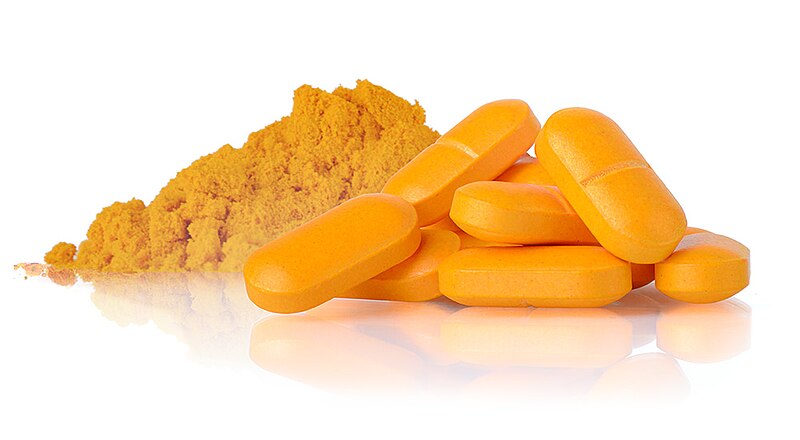For thousands of years, turmeric and its compounds has been used to treat arthritis, stomach problems, and other health issues.
Curcumin, one of the active ingredients found in turmeric, has been proven to successfully fight several diseases. The chemical gives turmeric its yellow color and tastes bitter if consumed raw. It offers anti-inflammatory and antioxidant properties. Often used a herbal supplement, it is known to have therapeutic effect.
Turmeric is used in Ayurvedic and traditional Chinese medicines and is used to treat skin disorders, upper respiratory tract problems, joint issues and digestive system concerns. It consists of three main curcuminoid compounds with similar structures, namely curcumin, desmethoxycurcumin (DMC), and bisdemethoxycurcumin (BDMC).
They have various uses, but their low bioavailability remains a formidable challenge. However, a study by the National Center for Biotechnology Information has found that a curcugen, a novel dispersible, 50% curcuminoids-concentrated turmeric extract, significantly increases the bioavailability of all three types of curcuminoids.
Health Benefits:
Anti-inflammatory: Curcumin provides turmeric most of the anti-inflammatory qualities of the plant. A study conducted in 2007 described it as an “antioxidant, anti-inflammatory, antiviral, antibacterial, antifungal, and anticancer activities.”
It also added that the compound can be used to treat diabetes, arthritis, and Alzheimer’s disease. It referred to curcumin as a “Spice for Life.”
Cholesterol and heart health: Another study found that moderate amounts of curcumin reduced cholesterol in patients with acute coronary syndrome. While a study conducted in 2008 study found that turmeric in combination with other medicines or herbs could help in gingival healing post-surgery.
Mood disorders: In 2014, curcumin was shown to reduce post-traumatic stress disorder (PTSD) symptoms. A different study claimed that curcumin also showed potential to shrink cancer tumors. It…
Read the full article here

Leave a Reply